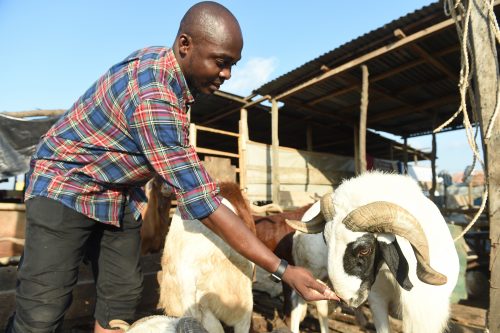
This is as they identified cassava peels, seaweed, sugarcane bagasse, banana peels, pea, insects, earthworms and brewer-dried grain as alternative sources of feed for animal consumption.
The experts who spoke at the second National Animal Feed Summit organised by the Federal Ministry of Agriculture and Rural Development and Sahel Consulting Agriculture and Nutrition Limited, on Wednesday, lamented the skyrocketing prices of animal feeds.
According to them, livestock feeds consume 70% of production costs, which has limited the sector’s contribution to the nation’s gross domestic product to just 5%, stressing that “feed security is food security .”
At the panel session themed, “Harnessing alternative feed resources for sustainable animal feed supply”, a professor at Nnamdi Azikiwe University’s Department of Animal Science, Cordelia Ebenebe, stated that the prospect of alternative feed resources presented opportunities for sustainable and innovative approaches to the production of livestock and other animals.
She added that stakeholders must harness and process alternative feed resources such as insects to enable the country to reduce the cost of food production.
She said, “The Federal Ministry of Agriculture’s intent to develop high-quality feed, produce at cheaper cost should consider the establishment of large-scale insect farms, especially Black soldier fly, as a training centre to ensure capacity building for feed industry practitioners.
“Feed manufacturing industries should go into large-scale production to ensure a steady supply of animal protein ingredients as a strategy to reduce feed costs. Unemployed youths should also venture into this lucrative business.”
Also, a member of the Agricultural research council of Nigeria, Akeem Ajaeigbe, warned that climate change and its associated changes were a major concern, noting that “the ability of current livestock systems to support livelihood and meet the increasing demand for livestock products is threatened due to climate change.”
However, he noted that continued research, development, and adoption of alternative feed sources could contribute to more sustainable and resilient livestock systems in Nigeria.














